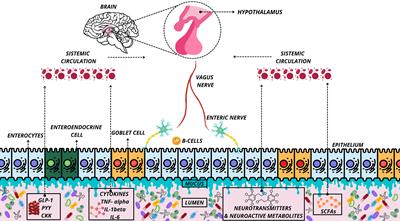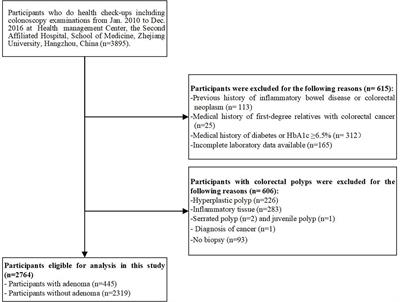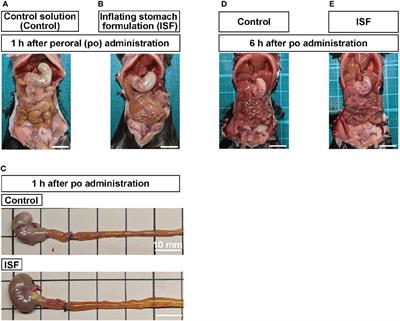REVIEW
Published on 28 Jul 2022
The molecular signaling of exercise and obesity in the microbiota-gut-brain axis

doi 10.3389/fendo.2022.927170
- 6,364 views
- 11 citations
11k
Total downloads
33k
Total views and downloads
REVIEW
Published on 28 Jul 2022

MINI REVIEW
Published on 22 Apr 2022

ORIGINAL RESEARCH
Published on 14 Dec 2021

ORIGINAL RESEARCH
Published on 03 Nov 2021

ORIGINAL RESEARCH
Published on 08 Jun 2021
